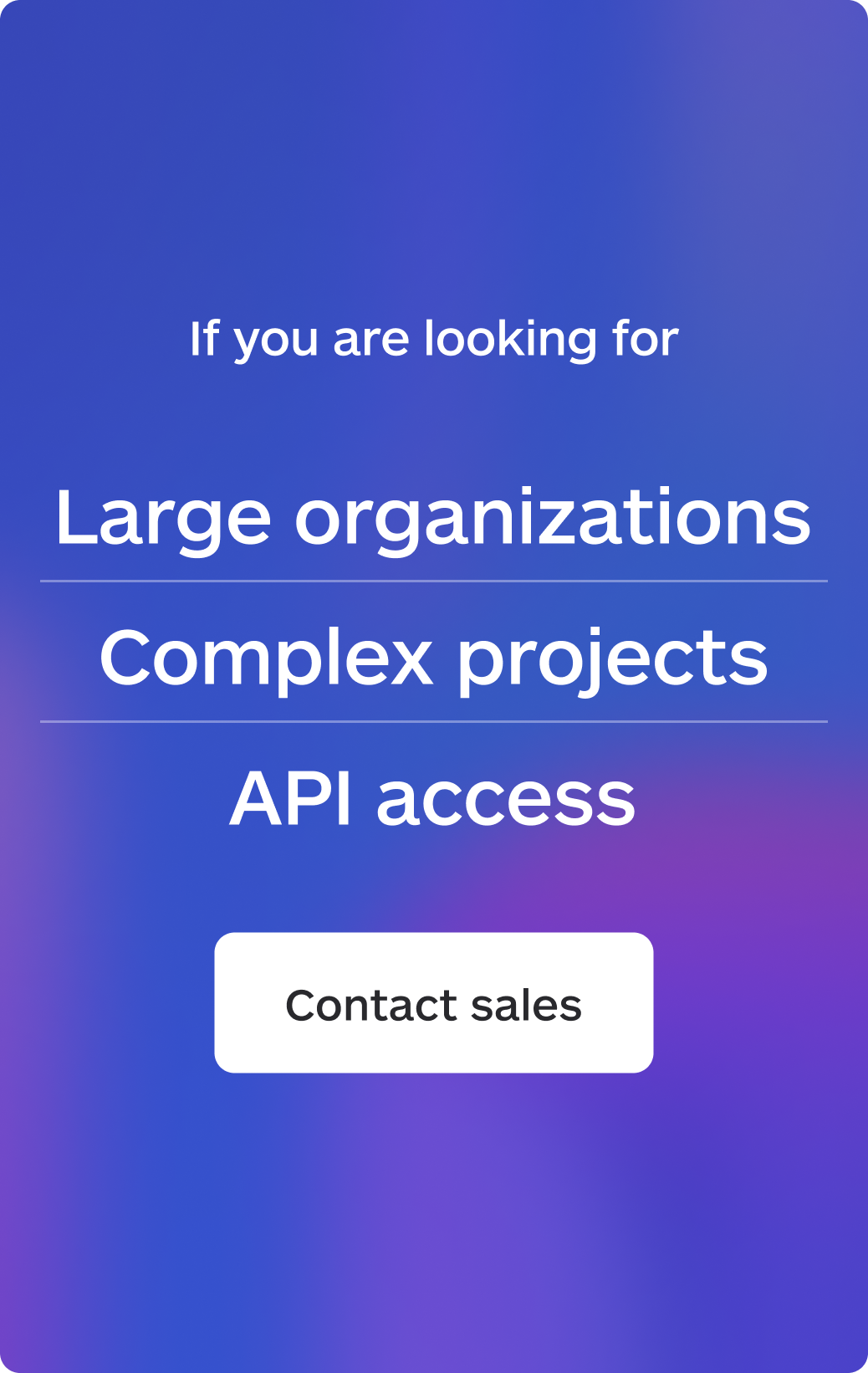Let’s explore digital business expansion strategies, from multilingual marketing to localization tech, and reach international markets effectively.
Expanding your business globally might seem like a huge leap, but in today’s digital world, it’s more accessible than ever. Still, the numbers tell a surprising story: fewer than 1% of U.S. companies are selling overseas. That means a massive opportunity is out there, waiting.

But going global isn’t just about launching a website and hoping for clicks. It’s about connecting, really connecting, with people in different cultures, in their own language and context. Digital business expansion requires more than translation; it demands experiences that feel local, natural, and tailored to each market.
For businesses ready to grow beyond borders, this shift offers exciting potential, and a few challenges worth preparing for.
Understanding the global digital marketplace
The foundation of successful international strategy for digital businesses lies in recognizing that globalization isn’t simply about translating your existing content. It’s about understanding how different cultures interact with digital platforms, what drives purchasing decisions in various markets, and how to adapt your value proposition to resonate across borders.
Digital business expansion depends on this cultural intelligence. Consumer behavior varies dramatically across regions. While mobile-first approaches dominate in markets like Southeast Asia and Africa, traditional desktop experiences still hold significant weight in certain European markets. Understanding these nuances becomes crucial when growing your digital presence abroad.

Market research reveals that digital content consumption patterns differ significantly between cultures. What works in North American markets may fall flat in Latin American or Asian contexts. This reality underscores the importance of approaching digital globalization with cultural sensitivity and market-specific strategies.
Building your global expansion foundation
Before venturing into international markets, successful businesses invest time in comprehensive market analysis. This goes beyond basic demographic research to include understanding local competition, regulatory requirements, and consumer preferences specific to each target market.
The most effective approach to digital business expansion and scaling digital services globally begins with identifying markets where your product or service addresses genuine local needs. Rather than attempting to enter multiple markets simultaneously, focus on 2–3 markets where you can establish a strong foothold and learn valuable lessons for future expansion.
Technology infrastructure plays a critical role in this foundation. Cloud-based systems offer the flexibility and scalability necessary for international operations, while providing real-time insights into market performance across different regions. These systems enable businesses to maintain centralized control while adapting to local market conditions.
Mastering multilingual digital marketing
Multilingual digital marketing extends far beyond simple translation. It requires deep cultural adaptation that considers local customs, values, and communication styles. Effective global marketing speaks to audiences in ways that feel native and authentic to their specific cultural context.

Social media platforms vary significantly in popularity across different regions. While Facebook and Instagram dominate in Western markets, platforms like WeChat in China, LINE in Japan, and WhatsApp Business in Latin America serve as primary communication channels. Understanding these preferences is essential for reaching customers effectively in each market.
Content localization involves adapting not just language, but also imagery, color schemes, and messaging approaches. What resonates as trustworthy and professional in one culture may appear cold or impersonal in another. This level of cultural sensitivity requires partnering with local experts who understand market-specific nuances.
Technology solutions for global scaling
Modern borderless digital commerce relies heavily on choosing the right technological foundation. E-commerce platforms like Shopify, Magento, and WooCommerce offer robust international capabilities, including multi-currency support, localized payment options, and region-specific shipping integrations.
Customer relationship management becomes more complex when operating across multiple time zones and languages. Investing in cloud-based CRM systems that support multilingual customer service ensures consistent experience quality regardless of market location.
Analytics and data management tools provide crucial insights for optimizing global performance. These systems help identify which markets show the strongest growth potential, which marketing channels deliver the best ROI in specific regions, and how customer behavior patterns differ across cultural contexts.
The role of professional translation in global expansion
When expanding SaaS business worldwide, the quality of translation and localization directly impacts user adoption and customer satisfaction. While AI-powered translation tools offer speed and efficiency for basic communication, human translators remain essential for nuanced content that drives business decisions.
Professional translators bring cultural context and industry expertise that automated systems cannot replicate. They understand local business practices, legal requirements, and communication norms that can make or break international business relationships. This human insight becomes particularly crucial for customer-facing content, marketing materials, and technical documentation.
Lara Translate: bridging the gap between speed and quality
Lara Translate represents a breakthrough in tech localization, combining the efficiency of AI with the precision needed for professional business communication. Unlike generic translation tools, Lara is specifically designed for business contexts with a professional-grade accuracy that maintains your brand voice across cultures.
The platform’s strength lies in its ability to handle complex business terminology while preserving the nuanced meaning essential for international success. Whether you’re translating technical documentation, marketing materials, or customer communications, Lara ensures consistency and cultural appropriateness that human reviewers can confidently approve and deploy.
Navigating challenges in international markets
Digital business expansion localization tips often emphasize the importance of understanding local regulatory requirements. Different countries have varying data protection laws, consumer rights regulations, and business licensing requirements that can significantly impact operations.
Currency fluctuations and payment preferences present ongoing challenges for international businesses. Some markets prefer credit card payments, while others rely heavily on digital wallets or even cash-on-delivery options. Building flexibility into your payment systems ensures you can accommodate thesepreferences without compromising security or user experience.
Cultural misunderstandings can damage brand reputation quickly in new markets. Investing in cultural training for customer service teams and working with local marketing experts helps avoid costly mistakes that could harm your international expansion efforts.
Measuring success and optimizing performance
Key performance indicators for global expansion extend beyond traditional metrics like revenue and conversion rates. Market penetration rates, customer acquisition costs by region, and cultural adaptation effectiveness provide deeper insights into international performance.
A/B testing becomes more complex when operating across cultures, as what works in one market may not translate directly to another. Implementing region-specific testing protocols helps identify optimization opportunities while respecting cultural differences.

Long-term success requires continuous adaptation based on market feedback and changing local conditions. Regular review of performance data, customer feedback, and competitive landscape changes ensures your international strategy remains relevant and effective.
Strategic steps for sustainable global growth
Successful global growth strategy for digital startups typically follows a phased approach. Begin with English-speaking markets that share similar business cultures, then gradually expand to markets with greater cultural and linguistic differences as your team gains international experience.
Partnership strategies can accelerate market entry while reducing risk. Local distributors, affiliate marketers, or strategic partnerships with complementary businesses provide market knowledge and established customer relationships that would take years to develop independently.
Investment in local talent becomes crucial as operations scale. Having team members who understand local markets intimately—whether employees or trusted partners—provides the cultural intelligence necessary for sustainable growth in each region.
Building an international-ready organization
Team structure must evolve to support global operations effectively. This includes establishing clear communication protocols across time zones, implementing collaborative tools that work seamlessly across different technical environments, and creating documentation standards that translate well across cultures.
Customer support capabilities need to match your market expansion timeline. Providing support in local languages during local business hours significantly impacts customer satisfaction and retention in international markets.
Data management becomes more complex when operating under different privacy regulations across markets. Implementing systems that can adapt to varying requirements while maintaining operational efficiency requires careful planning and often legal consultation.
The journey to expand your digital business globally requires careful planning, cultural sensitivity, and the right technological foundation. Success comes from understanding that each market presents unique opportunities and challenges that demand localized approaches rather than one-size-fits-all solutions.
Professional translation and localization serve as the bridge between your business goals and international market success. By combining efficient AI-powered tools with human expertise, companies can achieve the speed necessary for competitive advantage while maintaining the quality essential for building trust in new markets.
The digital economy continues to break down geographical barriers, creating opportunities for businesses of all sizes to compete globally. Those who approach international expansion strategically—understanding local markets, investing in proper localization, and building culturally sensitive operations—position themselves to capture these opportunities effectively.
FAQ
Is it really possible for small businesses to go global?
Yes. While fewer than 1% of U.S. businesses currently sell internationally, today’s digital tools and platforms make global expansion more achievable than ever—even for small or early-stage companies.
Is translating my website enough to succeed in a new market?
No. Translation alone is not sufficient. Successful global growth requires localization—adapting your content, messaging, and strategy to fit each market’s language, culture, consumer behavior, and legal environment.
How do I choose which markets to expand into first?
Start with 2–3 markets where your product or service meets a clear local need. Consider factors like local competition, regulatory requirements, digital usage trends, and cultural compatibility.
What role does multilingual marketing play?
A major one. Effective global marketing means going beyond language to include cultural adaptation, using the right tone, imagery, platforms (e.g., WeChat in China vs. Instagram in the U.S.), and value messaging for each market.
What technologies support global digital expansion?
E-commerce platforms (e.g., Shopify, WooCommerce), cloud-based CRMs, multilingual analytics tools, and localization platforms like Lara Translate help businesses scale operations, provide localized experiences, and manage international performance.
This article is about
- Key strategies for successful international market entry and long-term global digital business growth
- The role of multilingual marketing and cultural localization in engaging diverse audiences
- Technology solutions and professional translation that support scalable, high-quality digital expansion
- How to build internal capabilities to navigate regulatory environments and manage cross-cultural operations
Useful article
- The Role of AI in Preserving Endangered Languages
- How to sell products globally
- The importance of Multilingual SEO






